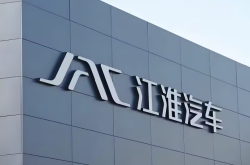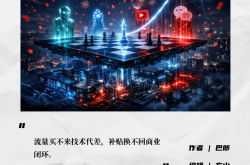Frontline Luxury 'BBA' Relegated as Luxury Car Market Undergoes Transformation: Domestic Brands Chart the Future
![]() 08/04 2025
08/04 2025
![]() 657
657
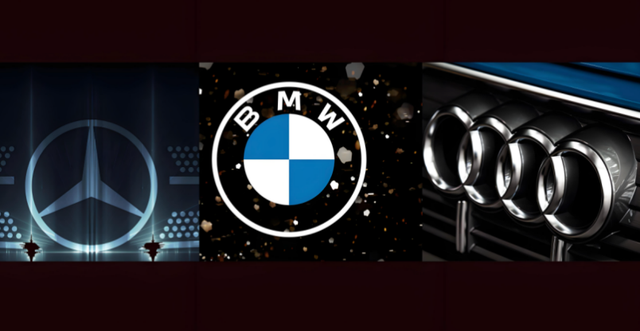
Affected by a confluence of factors, including a lag in new energy transformation and intensified competition in the Chinese market, the once dominant German automotive giants Mercedes-Benz, BMW, and Audi (collectively known as "BBA") have witnessed a collective plummet in performance. These once prestigious luxury brands are gradually being sidelined by the market.
Public data reveals that in the second quarter of 2025, the global luxury car market continued to face significant pressure. The three major German luxury brands, Mercedes-Benz, BMW, and Audi (BBA), collectively reported declining performances, with net profits all falling by double digits.
Mercedes-Benz sales in the Chinese market declined by 19%
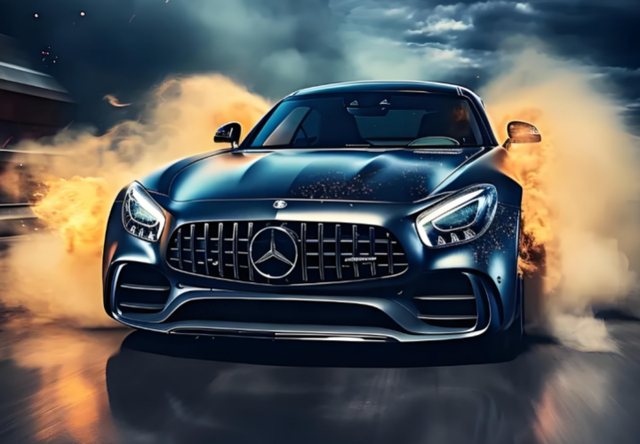
According to the financial report released by Mercedes-Benz Group, revenue in the second quarter of 2025 amounted to 33.153 billion euros, marking a 9.8% year-on-year decline. Net profit plummeted 68.7% year-on-year to 957 million euros, representing the worst single-quarter performance in nearly four years. In the first half of the year, the group's net profit halved to 2.688 billion euros, with revenue falling 8.6% to 66.377 billion euros.
In terms of sales, Mercedes-Benz delivered 547,100 vehicles globally in the second quarter, a 9% year-on-year decrease. Pure electric vehicle sales nosedived 18% to 41,900 units, while plug-in hybrid sales increased by 34%, albeit on a limited scale. The Chinese market bore the brunt of the decline, with sales plummeting 19% year-on-year to 140,400 units in the second quarter and cumulatively declining 14% in the first half of the year.
Mercedes-Benz attributed the decline in performance to several factors, including surging tariff costs due to global trade frictions, intensifying pricing pressure in the Chinese market, and substantial investments in new energy transformation that have yet to yield expected returns. Group CEO Ola Kaellenius stated that they will accelerate their "dual-track" strategy encompassing both internal combustion and electric vehicles, planning to launch over 40 new models by 2027 and intensifying localized research and development efforts in China.
Increased Competition in the Chinese Market for BMW
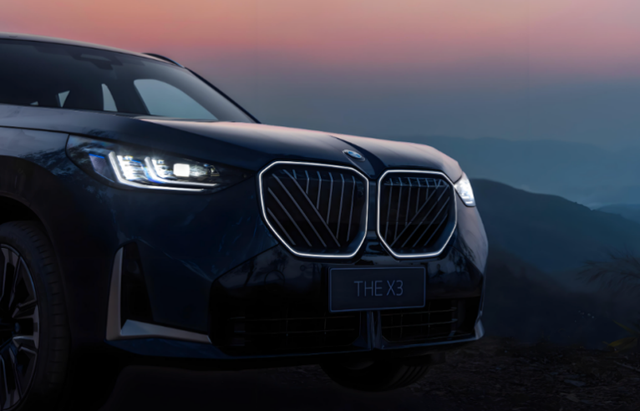
BMW Group's revenue in the second quarter stood at 33.93 billion euros, down 8.2% year-on-year. Earnings before interest and taxes (EBIT) fell 31.4% year-on-year to 2.66 billion euros. While net profit for the quarter was not disclosed separately, net profit for the first half of the year declined 29% year-on-year to 4 billion euros.
Global deliveries in the second quarter increased marginally by 0.4% year-on-year to 621,500 units. However, deliveries in the Chinese market declined 13.7% year-on-year to 162,700 units, with a cumulative decline of 15.5% in the first half of the year.
BMW noted that intensified competition in the Chinese market, with local new energy brands capturing market share through intelligent configurations and price advantages, has eroded their market presence. The European market performed robustly, with sales increasing 10.1% year-on-year in the second quarter, while the American market witnessed a modest increase of 1.4%.
To address these challenges, BMW is advancing the construction of the "Neue Klasse" new platform, optimizing the layout of electrified production capacity, and plans to launch over 40 new models by 2027. CFO Nicolas Peter acknowledged that tariffs had the most significant impact in the second quarter, and the EBIT margin for the automotive business is expected to remain under pressure throughout the year.
Audi Lowers Full-Year Performance Expectations
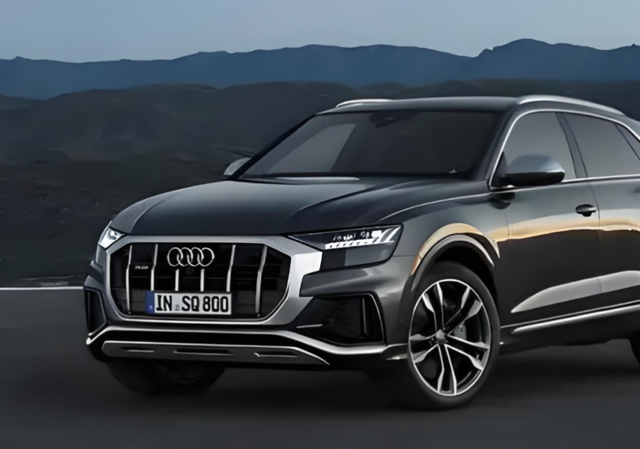
Audi's after-tax profit in the second quarter plunged 37.5% year-on-year to 1.346 billion euros, with a 37.5% profit decline in the first half of the year. Global deliveries fell approximately 6% year-on-year to 794,000 units. Pure electric vehicle sales increased by 32%, albeit on a small scale, failing to offset the decline in internal combustion engine vehicle sales.
The Chinese market was a primary contributor to Audi's performance decline. Sales declined further year-on-year in the second quarter, with a cumulative decline of 10.2% to 288,000 units in the first half of the year. The North American market also underperformed, with sales plummeting 16.2% in the second quarter, eroding its once "safe haven" market advantage.
Audi attributed the profit decline to increased US tariffs and rising transformation costs. CFO Jürgen Ritschel revealed that US tariffs alone cost the company about 600 million euros. In response to the crisis, Audi announced a downward revision of its full-year performance expectations, reducing revenue targets to 65-70 billion euros and significantly lowering operating profit margin expectations from 7-9% to 5-7%.
Double Blow of Industry Transformation and Transformation Costs
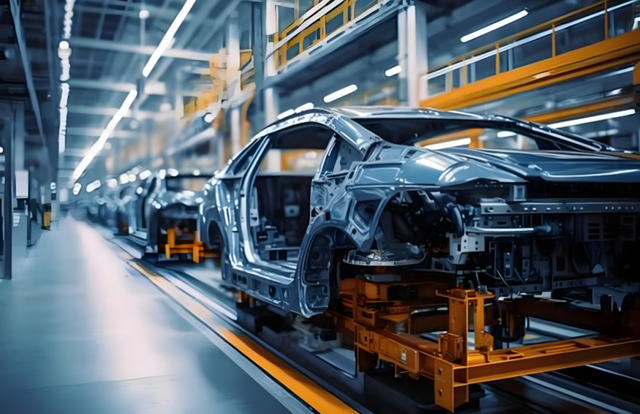
The collective decline in BBA's performance is underpinned by the dual impact of deteriorating global economic conditions and industry transformation. The US policy of imposing a 25% tariff on imported cars from the EU directly increased automakers' costs, significantly affecting Mercedes-Benz, BMW, and Audi. Volkswagen Group's financial report indicated an additional loss of 1.3 billion euros due to tariffs in the first half of the year, with operating profit falling 33% year-on-year.
Simultaneously, investments in new energy transformation are substantial, yet returns are limited. Mercedes-Benz's pure electric vehicle sales fell 14% year-on-year, BMW's BEV deliveries declined 21.2% in the second quarter, and while Audi's pure electric vehicle sales increased by 32%, the scale remains small. All three automakers acknowledge lagging behind Chinese local brands in intelligence and electrification, with the latter capturing market share through cost-effectiveness and rapid iteration capabilities.
Faced with difficulties, BBA has announced accelerated transformation plans. Mercedes-Benz will abandon the goal of "full electrification by 2030" and instead pursue a "dual-track" strategy encompassing both internal combustion and electric vehicles. BMW is advancing new platform construction and optimizing production capacity layout, while Audi plans to build a factory in the US to bypass tariff barriers.
However, short-term challenges remain severe. Goldman Sachs predicts that tariffs will reduce Mercedes-Benz's operating profit margin by about 1.5 percentage points, with a cumulative fiscal year impact of up to $1.7 billion. Audi's parent company, Volkswagen Group, warned that the German automotive industry still needs to bear billions of euros in tariff burdens.
In the second quarter of 2025, the decline in BBA's performance is not merely a dilemma for individual enterprises but a microcosm of the sluggish transformation of traditional luxury car giants in the era of smart electric vehicles. Without achieving qualitative changes in core technology breakthroughs and localization depth, relying solely on historical glory will be insufficient to stem the continuous decline in market share and profits.
Global Luxury Car Market Landscape Reshaped
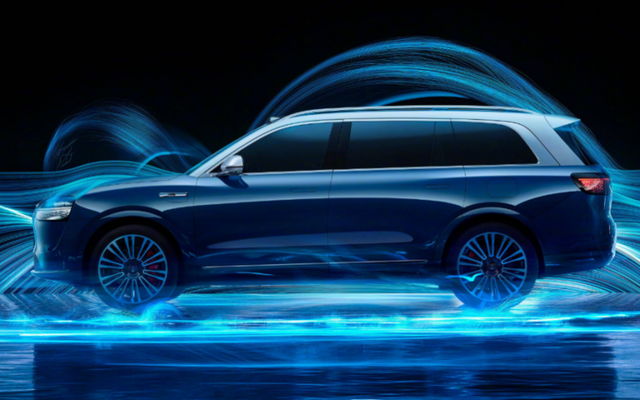
The second quarter of 2025 marked a historic turning point for the global automotive industry. Chinese auto brands achieved leapfrog development in the high-end market by leveraging breakthroughs in new energy and intelligent technology, while the traditional German luxury car giants (Mercedes-Benz, BMW, Audi) found themselves in a predicament of declining performance and dealer system turbulence.
In the first half of 2025, sales of Chinese brand passenger vehicles reached 17.97 million units, up 23.1% year-on-year, with market share climbing to 65.2%, an increase of 9.2 percentage points from 2024. In the high-end market above 300,000 yuan, brands such as Wenjie, Lixiang, and NIO witnessed sales surges of 210%, directly impacting BBA's traditional strongholds.
BYD led Chinese automakers with revenue of 777.1 billion yuan and sales of 4.27 million new energy vehicles (up 41% year-on-year), ranking 91st on the Fortune Global 500 list for the first time. Chery Automobile topped the automotive category of the 2025 Kantar BrandZ China Global Brands list with a sales growth rate of 14% (cumulative sales of 1.0265 million units from January to May) and a global footprint.
Chinese brands have elevated MPVs from tool vehicles to "third spaces" through innovative designs featuring "refrigerator, TV, sofa" configurations, zero-gravity seats, and rear window airbags. Models like the Denza D9 and Trumpchi M8, positioned as "suitable for both business and family use," precisely target the needs of middle-class families and business users, driving the transformation of the high-end MPV market from "brand worship" to "value return."
China's auto exports surged, with BYD's overseas sales exceeding 470,000 units in the first half of 2025. GAC Trumpchi, in deep collaboration with Huawei and Contemporary Amperex Technology Co. Limited (CATL), has broken the boundaries of traditional supply chains, forming a win-win model of "technology + ecosystem." In contrast, BBA's vertically integrated system appears cumbersome and inefficient in global competition.
Shifting from "product exports" to "technology licensing + ecosystem co-construction," GAC Trumpchi has partnered with Huawei to launch a HarmonyOS cabin version of the MPV, heralding an era of ecological win-win for the Chinese automotive industry. Through authoritative certifications such as J.D. Power quality champion and the Kantar BrandZ Globalization List, Chinese brands have completed the leap from "cost-effectiveness" to "value perception."
2025 may become a "watershed" for the global luxury car market. As Chinese brands emerge as protagonists at the Munich and Paris auto shows, and as the German Manager Magazin exclaims that "Chinese cars are defining the future," this industrial revolution driven by technological innovation has become irreversible.





